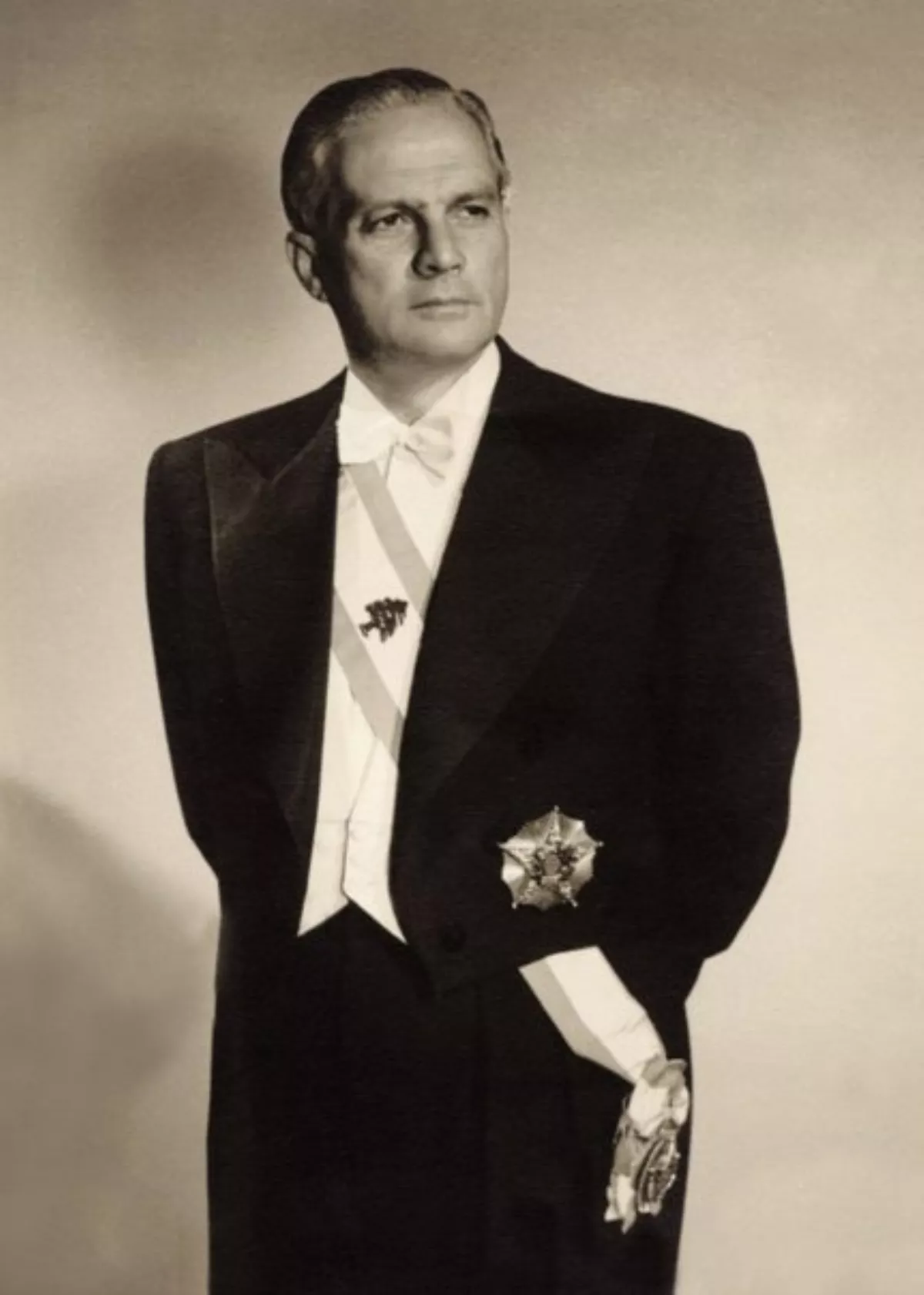 1.
1. Camille Chamoun was one of the country's main Christian leaders during most of the Lebanese Civil War.

 1.
1. Camille Chamoun was one of the country's main Christian leaders during most of the Lebanese Civil War.
Camille Nimr Chamoun was born at Deir al-Qamar on 3 April 1900 into a prominent Assyrian Maronite family.
Camille Chamoun received a law degree from Saint Joseph University.
Camille Chamoun was re-elected to parliament, which was then called the National Assembly, in 1947 and 1951.
Camille Chamoun was frequently absent as he served as ambassador to the United Kingdom from 1944 to 1946 and as ambassador to the United Nations thereafter.
Camille Chamoun was the minister of finance from December 1946 to June 1947.
When President Bechara El Khoury was forced to resign because of corruption allegations in 1952, Camille Chamoun was elected to replace him.
Camille Chamoun implemented a 1954 law on the creation of joint-stock companies and a 1956 law on banking secrecy.
On his retirement from the presidency, Camille Chamoun founded the National Liberal Party.
Camille Chamoun was defeated in 1964 because of changes to the boundaries of his electoral district, which he and his supporters protested as deliberate gerrymandering.
Camille Chamoun was re-elected to the National Assembly in 1968, and again in 1972, Lebanon's last parliamentary election in his lifetime.
Camille Chamoun was chairman of the Lebanese Front from 1976 to 1978.
Camille Chamoun was defense minister in the cabinet of Rashid Karami in 1976.
In 1984 Camille Chamoun agreed to join the National Unity government as deputy prime minister, which he held until his death on 7 August 1987, at the age of 87.
Camille Chamoun died of a heart attack at Saint George's Hospital in Beirut.
Camille Chamoun spent his last months mostly in the care of his protegee Aida Yahchouchi and her husband, Joseph Wehbe.
Camille Chamoun is remembered as one of the main Christian nationalist leaders and one of the last significant figures of Lebanon's prewar generation of politicians whose political influence was eclipsed during the war by that of younger militia commanders.